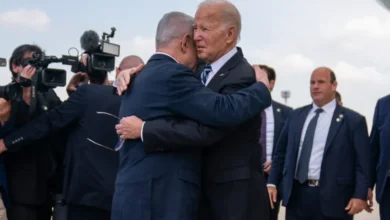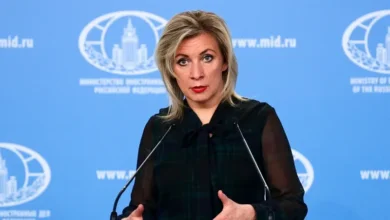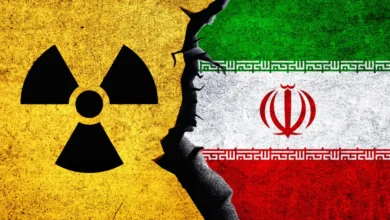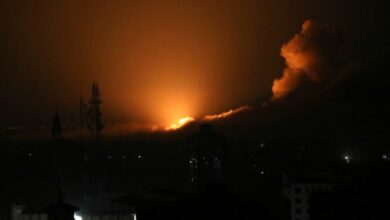Pakistan decides to end standoff with Iran
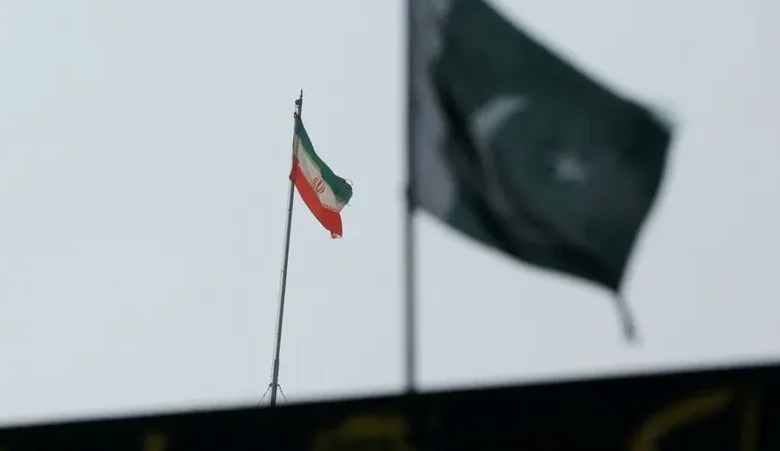
Pakistan and Iran “agreed to de-escalate” tensions Friday, Islamabad said, after trading deadly airstrikes on militant targets in each other’s territory this week.
The rare military actions in the porous border region of Baluchistan — split between the two nations — had stoked regional tensions already enflamed by the Israel-Hamas war.
Iran carried out a missile and drone attack on what it called “terrorist” targets in Pakistan on Tuesday night, with Pakistan in turn striking militant targets inside Iran on Thursday.
Pakistan recalled its ambassador from Tehran and said Iran’s envoy — on a visit home — was blocked from returning to Islamabad.
The United Nations and the United States appealed for restraint, while China offered to mediate.
But after speaking by phone, Pakistan’s Foreign Minister Jalil Abbas Jilani and his Iranian counterpart Hossein Amir-Abdollahian agreed “close coordination on counter terrorism and other aspects of mutual concern should be strengthened”.
“They also agreed to de-escalate the situation,” according to a summary of the conversation released by Islamabad’s foreign ministry.
After the call, Amir-Abdollahian said in a statement “the cooperation of the two countries to neutralize and destroy terrorist camps in Pakistan is essential.”
The muted rhetoric matched analysts’ predictions that both sides would seek to defuse the confrontation.
Tehran and Islamabad have both insisted they hit their own domestic militants sheltering on foreign territory.
“The upshot of the new situation is that the two countries are seemingly and symbolically even,” said Antoine Levesques, of the International Institute for Strategic Studies.v

